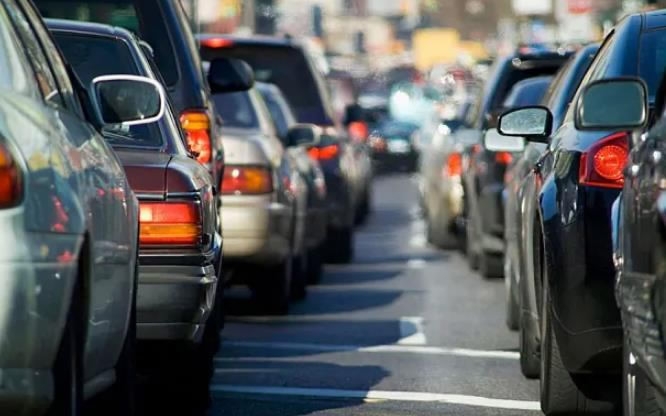
Energy
22:20, 20-Sep-2017
New diesel cars no better for environment than petrol cars: report
CGTN

New diesel cars do not produce less of the environmentally damaging carbon dioxide than petrol cars, a group of newspapers, Funke Mediengruppe, cited the German Transport Ministry as saying on Wednesday, in a potential further headache for the auto sector.
The car industry is Germany’s biggest exporter and employs more than 800,000 people. It was plunged into crisis two years ago when Volkswagen admitted to cheating US diesel emissions tests.
As German’s third largest newspaper and magazine publisher, the Funke group cited an answer from the Transport Ministry to an inquiry from the opposition Greens as saying diesel cars registered in 2016 emitted 128 grams of carbon dioxide (CO2) per kilometer on average compared with 129 grams from new petrol cars.

Telegraph Photo
Telegraph Photo
The emissions difference has been similar for ten years but the amount of CO2 has fallen, it said, adding that one reason the carbon dioxide values were almost identical was that diesel cars were heavier and had higher power.
The Transport Ministry did not immediately respond.
“It’s a myth that diesel helps protect the climate,” Stephan Kuehn, transport expert for the Greens in Germany’s lower house of parliament, told the Funke.
“Diesel motors squander the theoretical advantages they could bring for the environment by often being built into heavy, high-powered cars,” he added.
Source(s): Reuters

SITEMAP
Copyright © 2018 CGTN. Beijing ICP prepared NO.16065310-3
Copyright © 2018 CGTN. Beijing ICP prepared NO.16065310-3